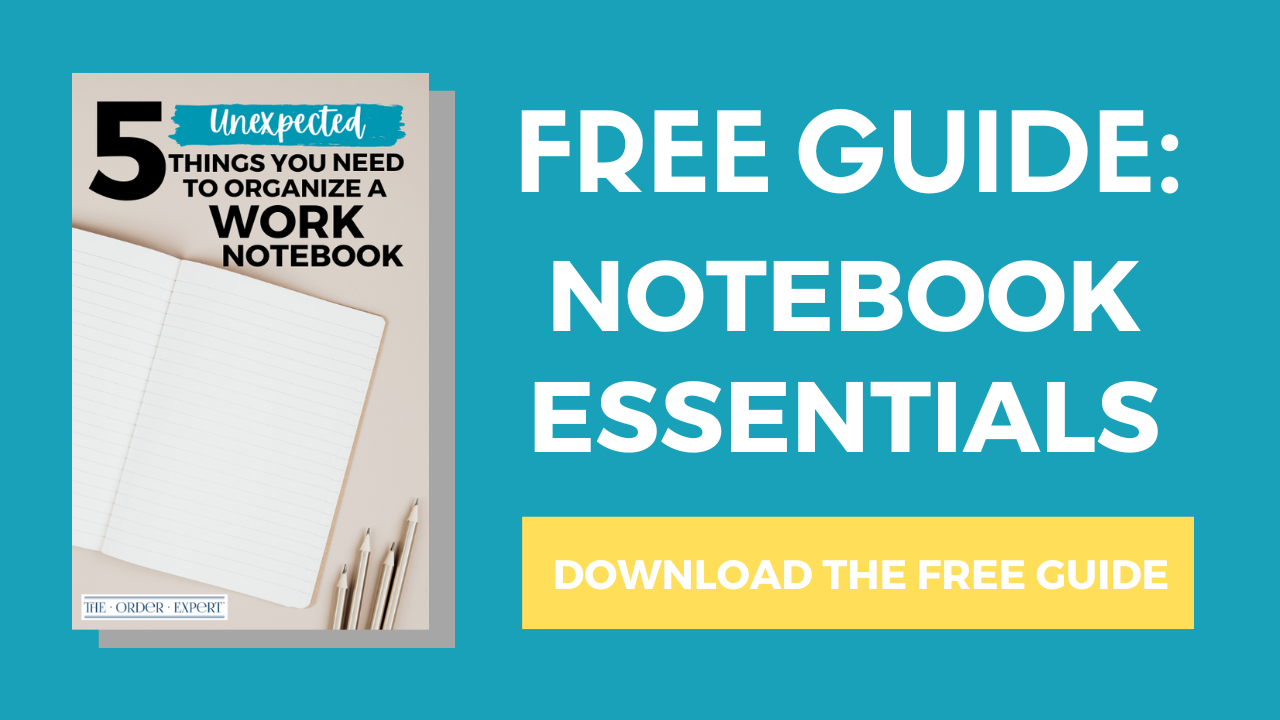
Did you know that time management is more than just managing your time?
Are you looking for ways to revamp managing your time when you’re at work, home, or school?
Time management is more than just managing your time because it involves how you are participating in that time.
Not only must you plan how you’ll spend your time, but you have to work in the time you’ve allotted.
In essence, you are both a time manager and worker.
That’s quite an interesting thought, isn’t it?
It’s important to keep in mind that neither role is more important than the other when it comes to managing your time.
Both roles are equally important.
What ultimately matters most, however, is how you’re spending your time between these roles.
In this blog post, you’ll find some tips to help you shoulder your time responsibilities as a time manager and worker.
Keep these tips in mind as you perform your daily, weekly, and monthly tasks.
Besides viewing your tasks in a whole new light, you’re sure to view your time in a whole new way, too!
Determine specific manager and worker tasks.
First things first, specify which of your tasks are manager and worker tasks.
Having trouble distinguishing one set of tasks from another? Consider the following descriptions.
A manager is someone who:
- Makes decisions and directions
- Sets goals and targets
- Coordinates the performance of specific and predetermined tasks
- Handles issues as needed
- Has final overarching responsibility for a project
A worker is someone who:
- Follows decisions and directions
- Seeks to reach goals
- Performs specific and predetermined tasks
- Handles issues as defined by a manager (if any)
- Contributes to, but does not have ultimate responsibility or accountability for a project
Given the above descriptions, which of your daily, weekly, or monthly tasks are more manager-oriented?
Which of your daily, weekly, or monthly tasks are more worker-oriented?
If you need some clarity, create a list of tasks commonly found in your calendar.
Then, simply mark each task with a “M” or “W” as necessary.
Limit your time in each role.
It can be difficult to finish your work if you’re constantly switching between manager and worker roles every fifteen minutes.
You’ve got to stay in one role long enough so you can actually get things done!
Practice limiting the time you spend within each role.
Do your best not to integrate the two, no matter what.
You can state your intent at the beginning of each work session.
This will help keep your mind focused on the task at hand.
For example, you might say something like, “This is a planning session,” or “This is a task session,” as you sit down to do your work.
Know your stronger (and weaker) role.
Are you more inclined to make plans or do you prefer to roll up your sleeves and work on a detailed task?
It’s important to know which of the roles is a strength or weakness.
Once you know where your strengths lie, you can take steps to improve your weaknesses.
Make a concerted effort to shore up your weaker role.
Don’t be afraid to learn new things and put yourself in situations that will constantly expand and test your newfound knowledge.
You might look into researching books, blogs, training, or coaching.
Another option is to learn from a colleague, friend, or family member who compliments your natural strengths and talents.
Be honest with yourself.
Did you accidentally let that work meeting run thirty minutes late?
Did you avoid your weekly schedule planning session in lieu of running errands at the store?
Remember, you have to hold yourself responsible for your actions…no matter what happens!
Try viewing your actions objectively as facts…and nothing more.
What time-based issue took place yesterday, last week, or last month?
How might you correct or prevent a similar situation from happening in future?
If you are 100% honest with yourself, then you will find the answers you seek.
How about you? Where do you struggle in the time management spectrum? Do you find it more difficult to make plans or to sit down and complete tasks? Join in the conversation and leave a comment below!





0 Comments